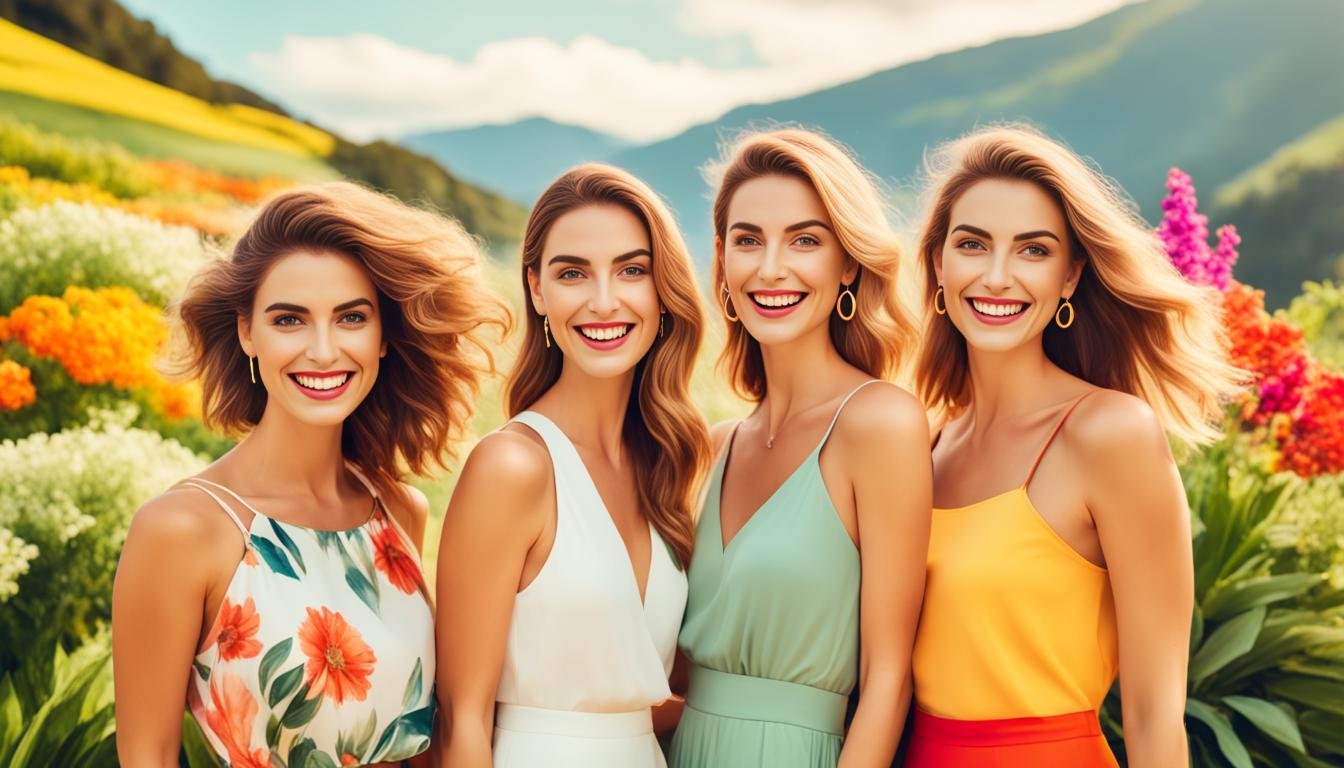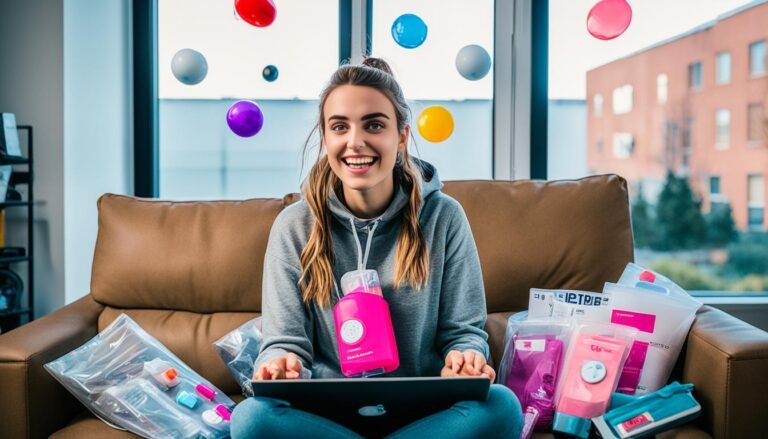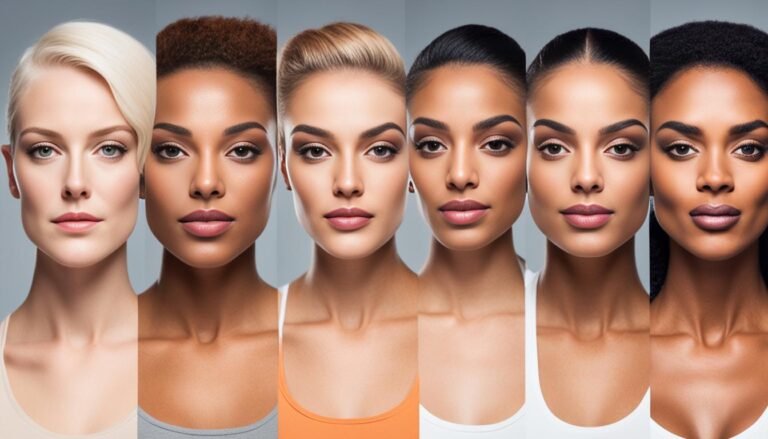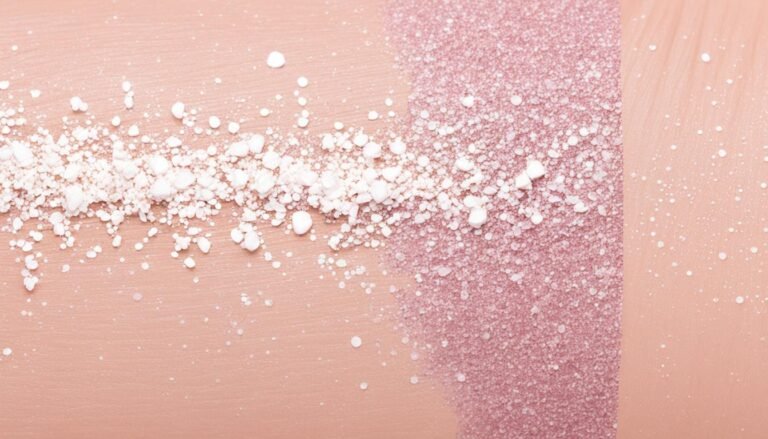Why are fair girls prettier?
Have you ever wondered why fair girls are often deemed prettier? Is there a scientific explanation behind this perception, or is it just a societal construct?
In our society, beauty standards play a significant role in shaping our perceptions of attractiveness. One aspect that often stands out is skin color. Fair skin has long been associated with notions of beauty, purity, and desirability. But why is this the case? What lies beneath our aesthetic preferences and moral judgments?
A recent study conducted by researchers at Toronto University sheds light on this fascinating phenomenon. Their findings suggest that the preference for fair-complexioned females is deeply rooted in cultural values and linked to moral assumptions. This research analyzed over 2,000 advertising photographs and revealed that the skin of white women was 15.2% lighter than that of white men, while the skin of black women was 11.1% lighter than that of black men.
Key Takeaways:
- Beauty standards often associate fair skin with purity, innocence, and goodness.
- Dark skin, on the other hand, can be perceived as more sexual and dangerous.
- These preferences are shaped by cultural values and moral judgments.
- Societal beauty standards impact individuals’ self-esteem and perpetuate systemic racism and colorism.
- Challenging these perceptions and embracing diversity can foster a more inclusive society.
The Impact of Beauty Standards on Society
The perception of beauty is heavily influenced by societal standards that dictate what is considered attractive. These standards are shaped by cultural values and reinforced by various forms of media. When it comes to skin color, fair skin is often idealized and associated with beauty and personal success, while darker skin is stigmatized and considered less desirable.
This preference for fair skin has significant implications, leading to the creation of a multibillion-dollar industry focused on skin lightening. Cosmetic creams and procedures aimed at lightening the skin have gained popularity, driven by the desire to conform to society’s beauty ideals. In fact, global spending on skin lightening is projected to triple to $31.2 billion by 2024.
This influence of beauty standards goes beyond individual choices and has far-reaching consequences. It perpetuates systemic racism and colorism, reinforcing the belief that fair skin is superior while marginalizing those with darker skin tones. These beauty ideals create a sense of inadequacy and pressure to conform, negatively impacting individuals’ self-esteem and overall well-being.
The pressure to conform to beauty standards and the resulting impact on individuals cannot be underestimated. It is crucial to recognize the damaging effects of these ideals and strive for a more inclusive society that celebrates diversity and rejects the notion that one skin color is more beautiful or desirable than another.
Recognizing and challenging these beauty standards is essential for fostering inclusivity and promoting a sense of acceptance and empowerment for individuals of all skin colors. Advocacy organizations and individuals around the world are working tirelessly to challenge existing perceptions and promote diverse representations of beauty.
Dark is Beautiful Campaign in India
One notable example is the Dark is Beautiful campaign in India. This initiative aims to raise awareness about skin color bias and challenge societal beauty standards. By running media literacy workshops and advocacy programs, they aim to counteract color bias and empower individuals to embrace their natural skin color, irrespective of societal beauty standards.
Embracing diversity and challenging beauty standards is crucial for creating a more inclusive society. It is essential to recognize that true beauty transcends skin color and that everyone deserves to feel accepted and valued for who they are. By doing so, we can foster an environment where individuals can embrace their uniqueness and cultivate a stronger sense of self-worth.
Challenging Societal Perceptions and Embracing Diversity
Organizations and individuals are actively working to challenge societal perceptions of beauty and promote inclusivity. One such initiative, the Dark is Beautiful campaign in India, aims to raise awareness about skin color bias and advocate for acceptance of all skin tones. Through media literacy workshops and advocacy programs, this campaign seeks to counteract the harmful effects of color bias and empower individuals to embrace their natural skin color.
It is vital to recognize and celebrate the fact that beauty comes in various forms. Everyone deserves to feel accepted and valued, regardless of their skin color. By challenging traditional beauty standards that have been perpetuated by a cultural obsession with fair skin, we can create a more inclusive society where individuals feel empowered to be themselves.
Embracing diversity and promoting inclusivity goes beyond just superficial appearances. It is about advocating for a society that values individuals for their unique qualities and recognizes the importance of self-worth. When we challenge the notion that certain skin colors are more desirable or superior, we create space for all individuals to confidently embrace their true selves and find empowerment in their own skin.






